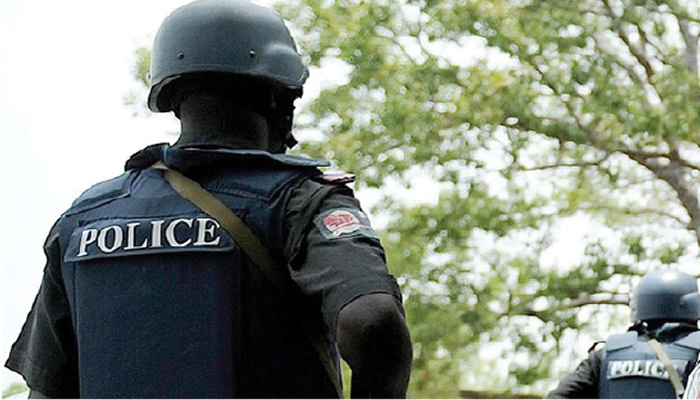Nigeria’s recent wave of protests over soaring living costs has significantly diminished as of Monday, with only a few hundred demonstrators turning out in major cities following a severe crackdown by security forces. The demonstrations, which erupted on Thursday, were initially widespread, with hundreds of thousands of people taking to the streets in cities like Abuja, Lagos, and others. The protests, under the banner of “#10DaysOfRage,” were intended to last until August 10 and were driven by widespread frustration over economic hardship and rising crime rates.
However, the police response has been severe, with Amnesty International reporting at least 13 fatalities in clashes with law enforcement. The police, on the other hand, have reported seven deaths, attributing some of these to accidents and an explosive device. The discrepancy in death tolls highlights the tension and conflicting narratives surrounding the protests.
The intensity of the demonstrations has waned due in part to a tough police response and a call for a pause in protests by President Bola Tinubu. Tinubu, who has been in office since May 2023, has urged an end to the violence and emphasized his willingness to engage in dialogue. He has defended his controversial economic reforms, which include ending costly petrol and electricity subsidies and devaluing the naira, as necessary measures to address long-standing economic mismanagement.
In Lagos, the commercial hub, the protests have largely been peaceful, with about 100 people gathering at a protest venue, chanting “We are hungry.” In Abuja, there was a notable absence of protest activity at the main stadium where demonstrations had been previously concentrated.
The northern part of the country has seen some of the most intense clashes. In Maiduguri, the capital of Borno state, about 200 protesters were dispersed by armed security forces. In Katsina, security forces used teargas to break up crowds chanting about “hunger and insecurity.” Curfews have been imposed in several northern states and the central state of Plateau, further affecting the scale and intensity of the protests.
As the situation stabilizes, the Nigerian government faces the ongoing challenge of addressing the economic grievances that sparked the demonstrations while managing the delicate balance between public dissent and security.
In other news – Tragic incident in Zimbabwe as businessman k!lls wife and then himself
Hurungwe, Mashonaland West — The tranquility of Nkani village in Chief Nematombo, Hurungwe, was shattered on August 2, 2024, when a local businessman fatally shot his wife before turning the gun on himself. The bodies were discovered at the couple’s home, prompting a swift investigation by the Zimbabwe Republic Police (ZRP).
According to reports, the businessman had recently returned from abroad, adding a layer of complexity to the already tragic event. The motive behind the shooting remains unclear, and authorities are working diligently to piece together the circumstances leading up to the incident. Read More
